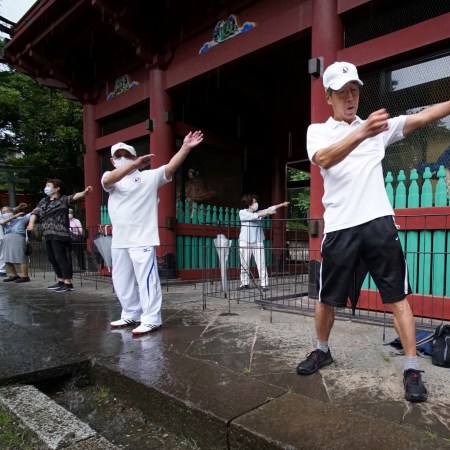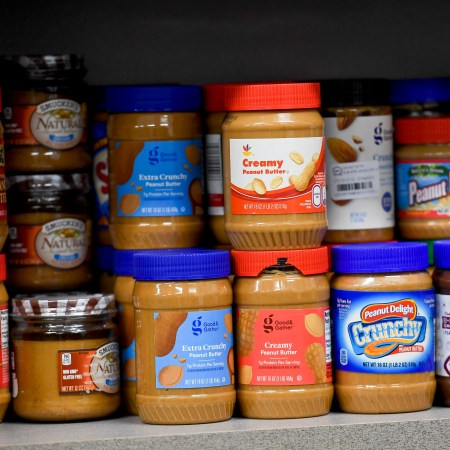According to a recent study published in Diabetologia, working out at the end of the day appears to be more effective for handling a greasy diet than morning exercise.
Researchers at a university in Melbourne conducted the most thorough review of “exercise timing” yet, recruiting 24 overweight Australian men for a three-armed, parallel-group randomized trial. Each group (6:30 a.m. exercisers, 6:30 p.m. exercisers, the sedentary control) was tested for biometric baselines like aerobic fitness, cholesterol and blood sugar, then put on a high-fat diet — about 65% of the meals the volunteers ate consisted of fat.
The aim? Figure out the relationship between exercise timing and metabolic health, specifically when an unhealthy diet is involved. Previous studies have confirmed that the metabolism receives a boost from a late afternoon/early evening workout. (If you work out before dinner, the thinking goes, you’ll jumpstart metabolization earlier and sleep in a fasted state.) This study goes further, though, by accounting for poor dietary decisions.
By the end of the experiment, the group that worked out in the evening had lower cholesterol, improved cardiovascular health and better control over their blood sugar. Like the morning and sedentary groups, a week of eating heavy-fat foods had initially sent all of those figures in the wrong direction. But steady evening exercise (specifically, intervals on a stationary bicycle), immediately helped mitigate the effects.
That’s not to say the morning workouts weren’t useful. Any exercise is crucial for improving aerobic fitness. But exercising closer to dinner or dusk seems to have a special relationship to fat metabolism. As The New York Times points out, this likely has to do with the mysteries of our circadian rhythms. A late-day session simply has a “greater impact on molecular clocks and gene expression.”
You could also, of course, just try to eat less fat. Especially fats that increase your LDL count (the most concerning form of cholesterol). But if you’re looking to catalyze a cutting routine ahead of this summer, try shifting your workouts. Take the pressure off yourself in the morning — bed-to-HIIT is a popular mandate in those “routines of highly successful people” profiles, but it’s not worth forcing that if it’s not you. Science isn’t even on that practice’s side anymore.
Going into warmer days, consider scheduling your runs for when the sun’s a bit lower. Flex your classes to an hour before dinnertime. Take stock of the results, yes, but also your energy levels beforehand. Are you going into these sessions with more bounce in your step? And during: are you peaking? Or bonking? We tend to fine-tune our sleep in this way, but disregard the need for analysis of our exercise timing. As evidence mounts that end-of-day fitness makes a whole lot of sense, right now’s a good time to start.
Thanks for reading InsideHook. Sign up for our daily newsletter and be in the know.


















